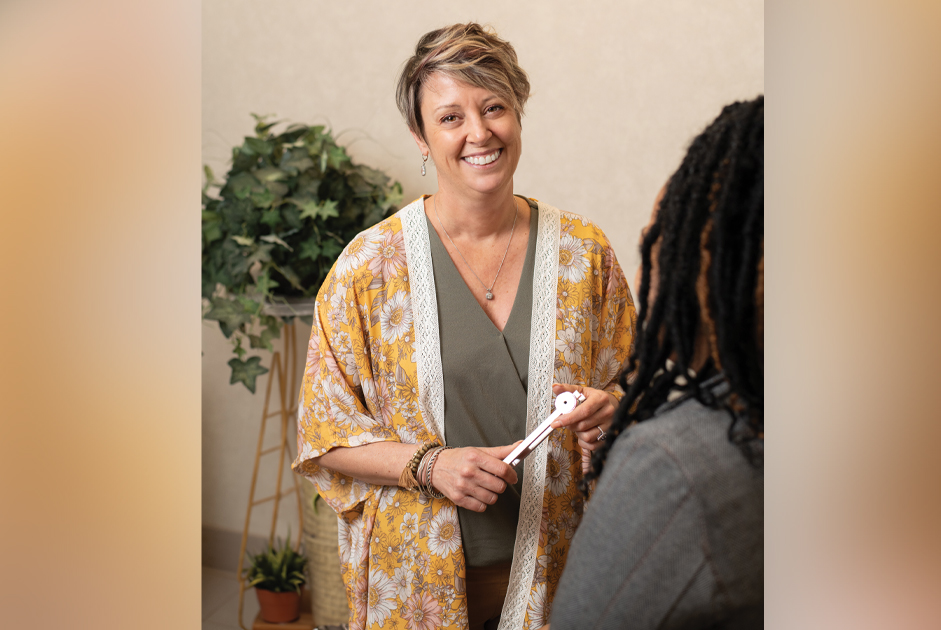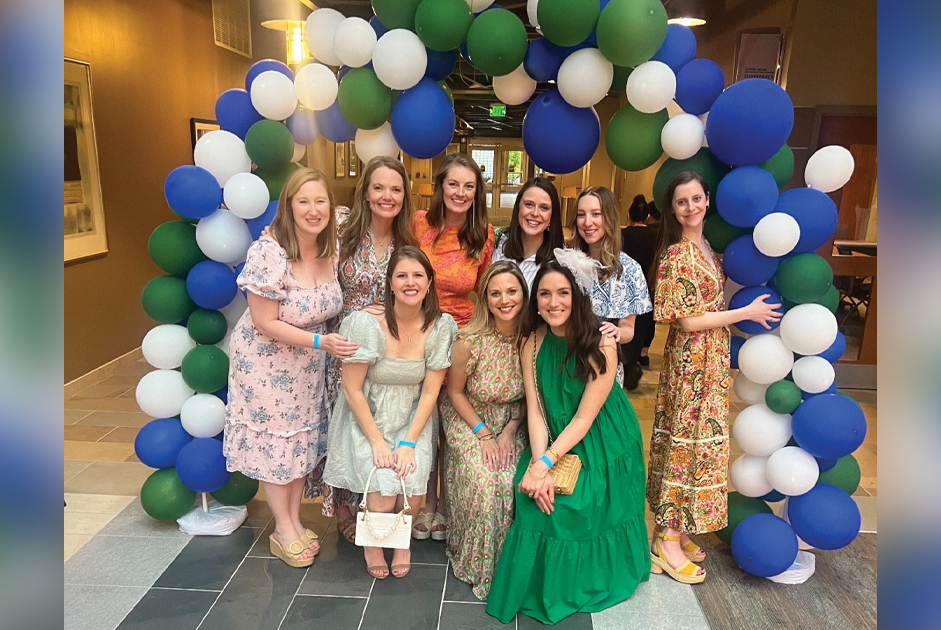BY JEN OLENICZAK BROWN
You spend up to 80% of the day engaged in some form of communication and 55% of that time devoted to listening.
And you remember 17-25% of the things you listen to.
We are, collectively, terrible listeners. Just ask your friend/partner/parent/coworker. Or maybe you already knew that – too often we’re spending time thinking of what next, whether that’s what we have to accomplish today, what our email box is doing or what we’re going to do for lunch/dinner/work function. Multitasking isn’t humanly possible: studies have proven that our brains, no matter how hard we push them, can’t multitask.
What happens when we try? That moment when we think, ‘Oh! I’ll just plan dinner for the week during this meeting and… wait – did they just say my name?’ We don’t listen and then we have miscommunications, conflict, and stress because of it.
To make things worse, we think our conflict management skills need work – and while sometimes they do, often times we need to go back to the basics and think about developing our listening.
Aside from taking a class in listening skills (I truly wish this was a life requirement), here are three ways to focus your listening – and show that you’re doing more than just smiling, nodding and thinking about what you’re doing this weekend:
What are you listening for?
We, as a collective group of people, are constantly overstimulated, and it’s hard to focus with so much noise! Make a point to know what you’re listening to and what you’re listening for. When we are thinking about the person (or sound) we are listening to, we can filter the static by focusing.
Spend some time thinking about why you are listening! Are you listening:
To learn?
To evaluate?
To understand?
For enjoyment?
When you know why you’re listening, you can zero in on specifics. If you’re listening to a friend talk about their terrible day at work, are they going to want you to enjoy the conversation or better understand the problems they’ve dealt with? How about listening to your boss talk about a new sales initiative – are they looking for evaluation or learning and understanding?
Show how you listen!
Stop smiling and nodding while you think of other things. You’re not fooling anyone.
I can’t say this enough – people can tell when you’re spacing out and thinking about something else – your eyes glaze over, you look disengaged and – the worst – you might speak or laugh or smile at the wrong time. There are some effective ways to show that you’re listening that aren’t smiling and nodding. First, look at the speaker directly. Stop checking out their eyebrows or forehead, and zero in on their eyes. Don’t get weird and stare them down without blinking, but make clear and deliberate eye contact. Pay attention to more than words – body language is a huge part of communication, and your body language while listening matters too! Make sure you’re sitting in a way that is open and welcoming – watch those crossed arms. When there are moments to chime in, don’t just change the subject or Mmmhmmyour way through a silence. You can reflect what they just said by paraphrasing or…
Ask questions
One of the best ways to show you’re listening is to ask questions. These aren’t the kind of questions that insert you into the conversation, or simply reiterate what has just been said. Questions that come from curiosity and a desire to learn more, or to clarify information, are the best at showing that you’re listening.
The key with questions: focus in on what you care about, because then you won’t have to pretend to listen, you’ll truly be present and listen.
Listening is a choice – you’ll have to make it to see the benefits.






















